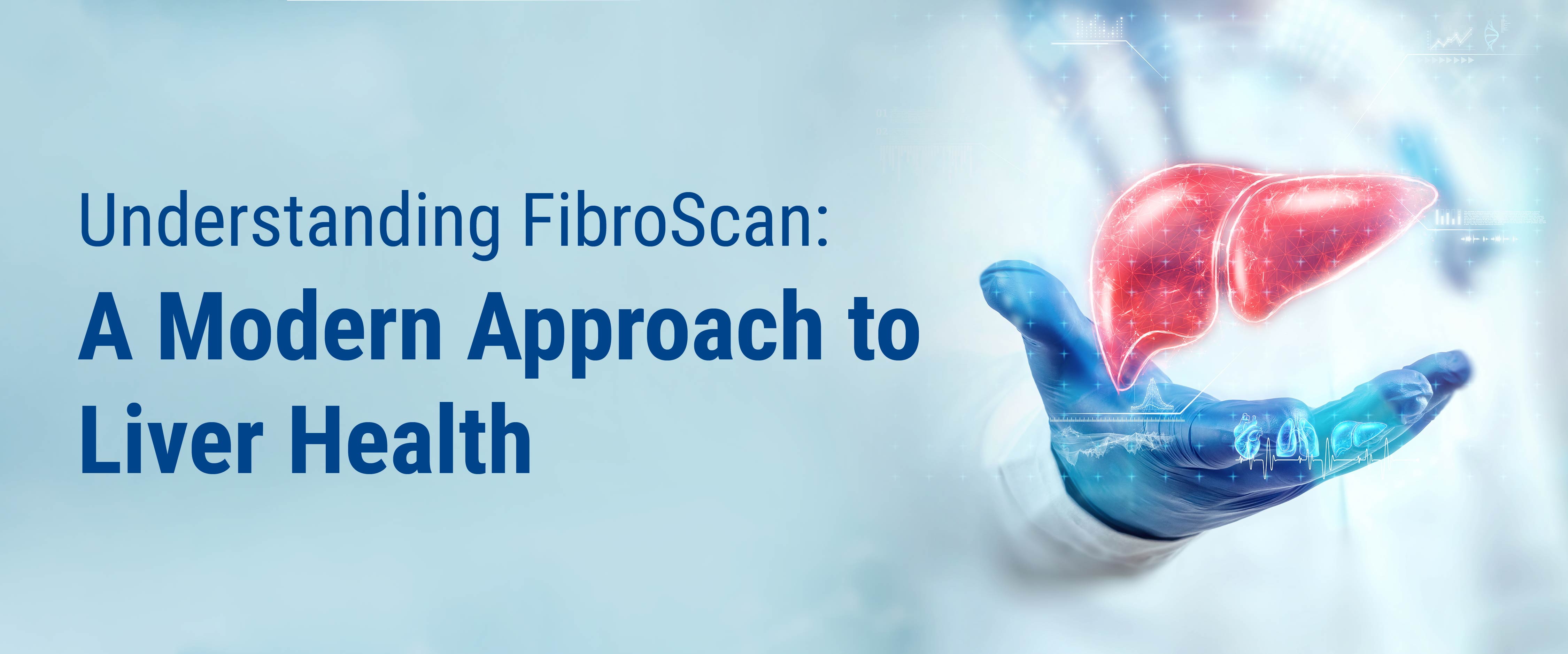What are the liver failure stages?
Liver failure happens when a large portion of the liver becomes damaged and can no longer perform its vital functions. This can develop either quickly, known as acute liver failure, or gradually over time, referred to as chronic liver disease. The common causes include conditions such as viral hepatitis B & C, excessive alcohol consumption leading to alcoholic liver disease, and fatty liver disease.
Stages of Liver Disease typically progress through five stages:
- Steatosis- Steatotic liver disease (SLD) refers to a group of conditions characterized by fat accumulation in the liver. “Steatosis” is the medical term for this fat buildup. While a healthy liver does contain a small amount of fat, excessive fat can lead to liver dysfunction and health concerns.
- Inflammation-
In the initial phase, the liver becomes inflamed, often due to infections like hepatitis, alcohol abuse, or fatty liver disease. Symptoms may be mild or even absent, making it hard to detect at this stage. If untreated, the inflammation can progress to more severe liver damage. - Fibrosis-
Continued inflammation leads to the formation of scar tissue, a condition known as fibrosis. This reduces the liver’s ability to function efficiently. At this point, symptoms like fatigue, a loss of appetite, and mild discomfort in the abdomen might begin to appear. - Cirrhosis-
Liver stage Cirrhosis occurs when scarring becomes extensive, severely impairing the liver's ability to function. Symptoms become more noticeable, such as jaundice (yellowing of the skin and eyes), swelling in the legs and abdomen, and confusion due to toxin buildup in the brain. - End-Stage Liver Disease (ESLD)-
In this final stage, the liver fails to function altogether. Patients with ESLD often need urgent medical intervention and may require a liver transplant to survive. Symptoms include severe jaundice, excessive fluid retention, gastrointestinal bleeding, and significant cognitive decline (hepatic encephalopathy).
Liver Disease Treatment - Hepatology expert at Star Hospitals, Hyderabad
At Star Hospitals, we offer a wide array of advanced treatments for liver conditions, including:
- Liver Services: Specialized care for liver diseases such as hepatitis, fatty liver, and liver-stage cirrhosis.
- Diagnostic Procedures: Including UGI endoscopy, colonoscopy, and liver biopsies to assess liver health and diagnose the stage of liver disease.
- Therapeutic Endoscopic Procedures: Procedures like Endoscopic Variceal Ligation (EVL), glue injection, and Argon Plasma Coagulation (APC) to treat liver complications.
- Endoscopic Retrograde Cholangiopancreatography (ERCP): A procedure used to diagnose and treat bile duct problems.
- Liver Fibroscan: A non-invasive test to measure the extent of liver fibrosis.
- Liver Transplant: For those with end-stage liver disease, we offer cadaveric, living donor, and pediatric liver transplants.
- Advanced Interventional options: Procedures like TIPS (Transjugular Intrahepatic Portosystemic Shunt), liver cancer surgeries, and treatments for portal hypertension.
- What are the early signs of liver failure?
Early signs can be subtle, including fatigue, nausea, loss of appetite, and mild abdominal discomfort. - Can liver failure be reversed?
In its early stages, liver damage can often be reversed with lifestyle changes, medications, and treatment of the underlying cause. In advanced stages, however, more aggressive treatments such as liver transplantation may be necessary. - What is the survival rate after a liver transplant?
At Star Hospitals, we have a liver transplant success rate of over 90%, thanks to our highly skilled transplant team and state-of-the-art medical facilities. - Is liver transplantation the only solution for end-stage liver disease?
While a liver transplant is often the best option for end-stage liver disease, treatments like TIPS can help manage symptoms and improve quality of life in patients suffering from ascites. - How can I protect my liver?
You can lower the risk of liver damage by limiting alcohol consumption, maintaining a healthy diet, staying physically active, and getting regular liver screenings if you have risk factors like viral hepatitis B & C or fatty liver disease.
Expert Opinion
Dr. Srinivasa Reddy G, Senior Consultant Hepatologist at Star Hospitals, explains, "Liver failure can be life-threatening, but with early diagnosis and the right treatment options, many patients can recover and lead normal lives. At Star Hospitals, we provide comprehensive care, from early diagnosis to liver transplantation, ensuring the best possible outcomes."
At Star Hospitals, Hyderabad, we offer state-of-the-art facilities and a dedicated team of specialists in hepatology, surgery, and transplantation. Whether you're seeking treatment for early-stage liver disease or advanced liver failure, our comprehensive care ensures the best possible outcome.














